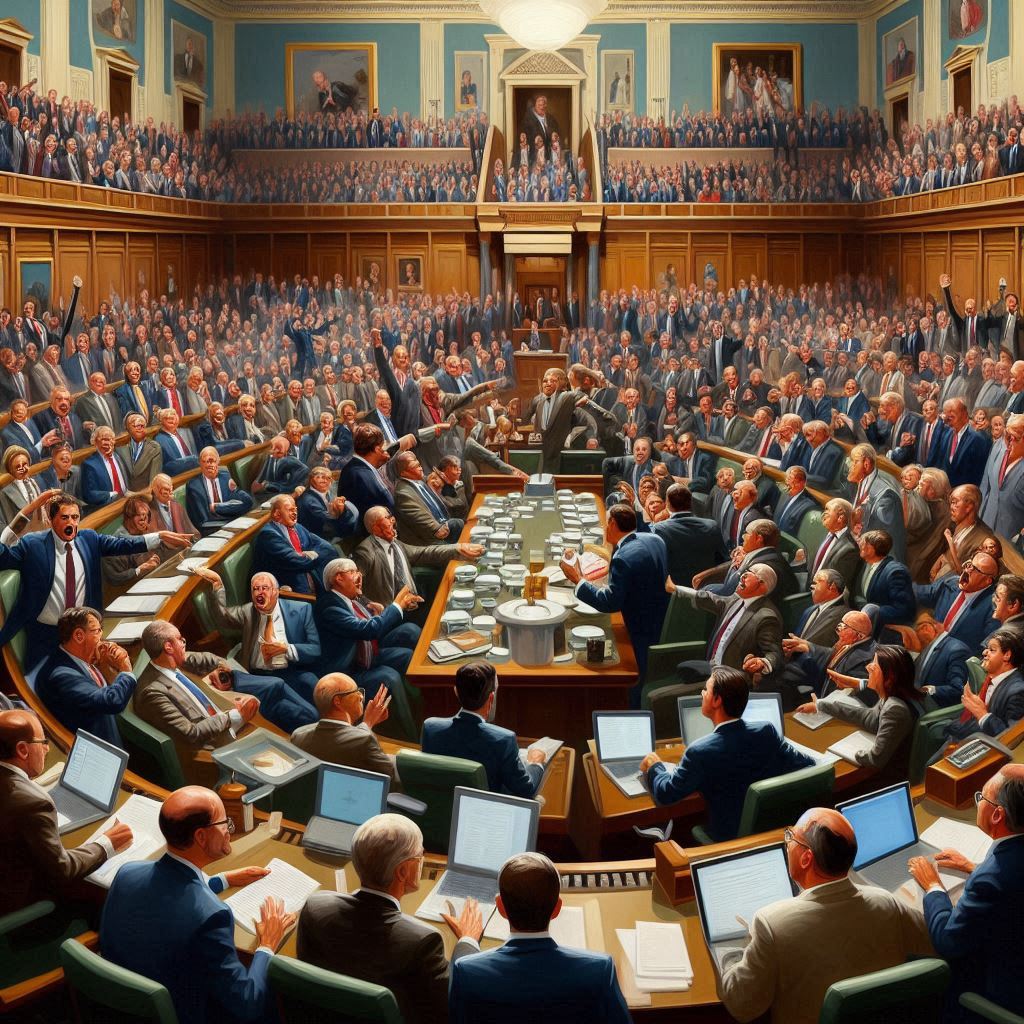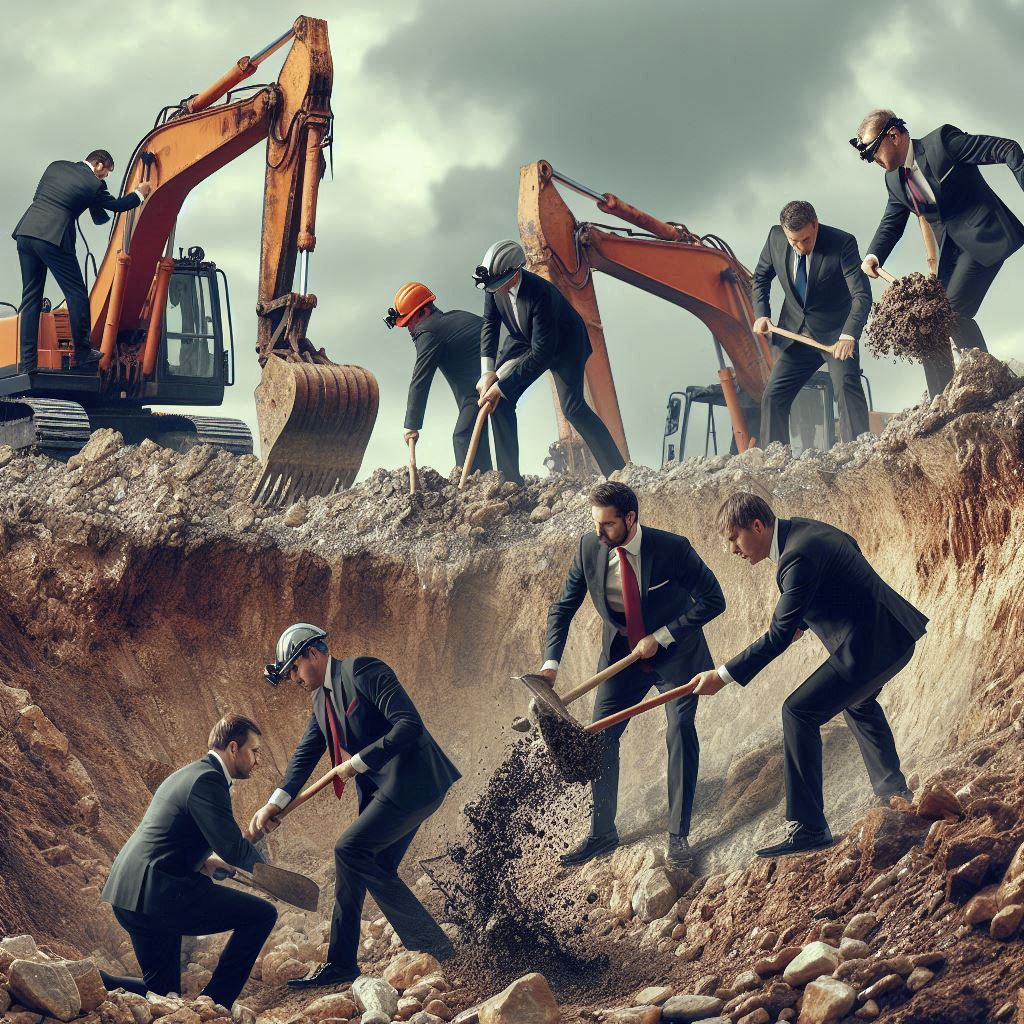Part of my job is to use my crystal ball to guess which laboratories are going to buy isotope ratio mass spectrometers the following year. This is an important part of being in sales, and is often referred to as forecasting, or more appropriately making educated guesses based on wind direction and a feeling in one’s bones.

But being fair to the sales teams I have worked with or in, a great deal of effort goes into forecasting, not least because that information is used to drive both manufacturing and product development. So why on Earth am I dragging geopolitics into this? Because at some level, the purchasing of the instrument we know and love is influenced by what is going on politically at a country level and at a global level.
A quick disclaimer, I’m not about to bring my (or other’s) political views into what is a friendly fireside / bedtime chat, so I’ll keep this endearingly neutral as much as possible. If you perceive what I’ve written as having any “leanings”, please let me know and I’ll adjust.
With that disclaimed, let’s move on to forecasting! The art of forecasting involves understanding what factors influence a market; most importantly where the money is coming from, but also what the trends in the community are, what your competitors are doing, what’s driving the demand for your product / solution, and so on. It’s really the first point in this list; “where the money is coming from” that overlaps with geopolitics.
You likely already know that the majority of isotope ratio mass spectrometers (from IRMS to TIMS) are paid for by governments rather than companies or individuals. This is especially true in the Earth science community, and true to a lesser degree in the nuclear sciences. This funding may come from a local source (for example a specific university), but in my experience more commonly comes from central government. The largest markets for Isotopx are the US and China, and both of these countries have central government bodies that give out large amounts of money to science every year. The company I work for, and many similar to it rely heavily on this money – probably our two greatest sources of revenue are the governments of these two countries.

How much funding that is available depends hugely on the political leanings, aspirations and areas of focus of that country’s political leadership. This can change very rapidly with a change in political leadership, and it frequently does. Clearly the best example at the moment is the change in science funding occurring in the US. Some scientists will disagree with this change, but it’s the nature of politics and those of us that depend on external funding sources in our lives have to learn to roll with the punches. And do changes like this affect our business? Of course they do. The people most affected are obviously the scientists and those that are employed to help those scientists, but there is a trickle down effect to the companies like ours that supply this community. As a result, we’ll expect to sell a little less in the US next year than previous years.

That’s the lazy example out of the way, what other global events can affect our business? One key application of our instruments is the measurement of trace amounts of certain isotopes. An isotopic pattern may well be an indicator of origin, so this can be a good way of fingerprinting, for example, the source of environmental contamination. Since the early 1950’s there have been a large number of nuclear detonations as tests, and also several nuclear accidents. The remaining radioisotopes from these events can tell us something about the source. Trace levels of actinides from the Chernobyl disaster form a particular isotopic patter, which is different from the isotopic pattern measured after the Fukushima disaster.
Governments, supported by the IAEA (International Atomic Energy Authority) are mandated to clean up after such events, and to inform their people as to progress. This creates business for the companies that are involved in the clean up operations, and this definitely includes companies that can precisely measure isotope ratios. Indeed we have an isotope ratio mass spectrometer involved in the Fukushima clean-up, a process that will continue for decades.

Are there other examples? Definitely. The phrase “critical minerals” can’t have escaped your attention in recent years. Governments are rushing to identify their own oil, gas and mineral resources as geopolitics means they’re attempting to be less reliant on their neighbors. One of the tools to help in this identification process is the measurement of certain isotope ratios, it can be a key pointer to where the reserves of fossil fuels or valuable minerals remain. Again, that can be more business for the mass spectrometry companies.

Hopefully I am building a picture here. As I watch the news each day (usually in despair) I try to work out which of the current events may influence the future success or failure of companies like the one I work for. The short answer is “quite a lot of them”. All I can say with any certainty is that the world in five years will not be the same as the one of today!
That’s all for now. If you have your own thoughts, opinions or experiences regarding how the prevailing political winds can influence mass spectrometry sales, please let me know, I’d love to hear about them. As always, send to: (Stephen.guilfoyle@isotopx.com). More soon…
